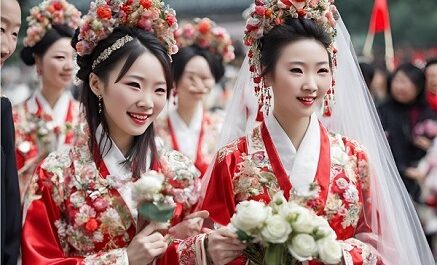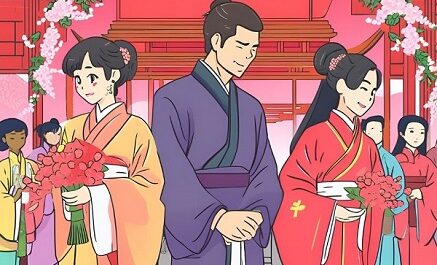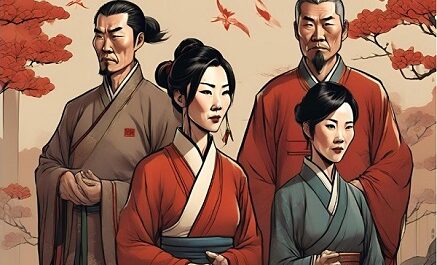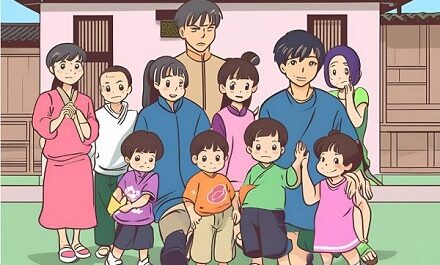Learn Chinese Idiom Name, Pinyin, English
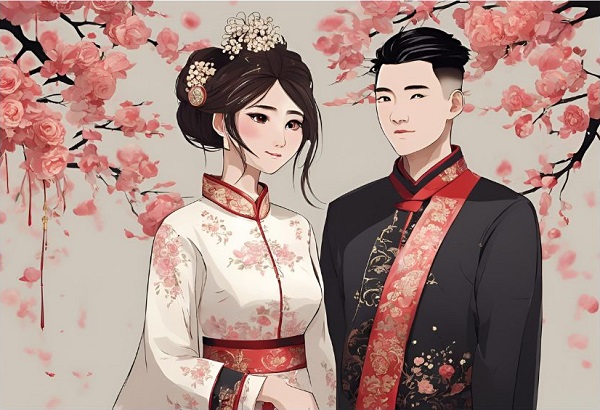
- Idiom in Chinese-女大不中留。
- Pinyin of Idiom– nǚ dà bù zhōng liú.
- Idiom’s Meaning in English– This Chinese idiom expresses the idea that as a girl matures and grows up, she cannot remain in her parents’ home indefinitely. It reflects the traditional view that girls should marry and move out of their parents’ home once they reach a certain age. This is seen as a natural progression and a sign of maturity.
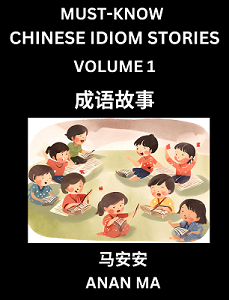
Chinese Idiom Stories Books (HSK All Levels):
- Books to Learn Chinese Idiom Stories (Part 1)
- Books to Learn Chinese Idiom Stories (Part 2)
- Books to Learn Chinese Idiom Stories (Part 3)
Learn Chinese Idiom Story in English (成语故事的英文)
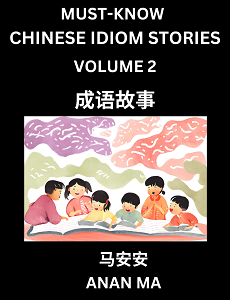
In ancient China, there lived a beautiful and intelligent young girl in a family. She was deeply loved by her parents and they had high expectations for her. However, as she grew older and reached the appropriate age for marriage, her parents began to search for a suitable husband for her. Although she deeply loved her parents, she also understood that as a woman, she would ultimately have to leave her parents and establish her own family. Therefore, she complied with her parents’ wishes and married a virtuous man, embarking on a new life. This is the origin of the Chinese idiom “nǚ dà bù zhōng liú”, which expresses the idea that a girl who grows up cannot stay at home forever.
Learn Idiom Story in Chinese (成语故事)
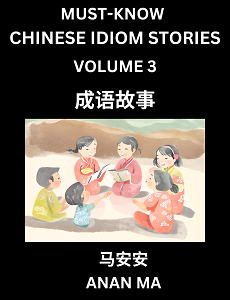
在中国古代,有一个家庭里有一个美丽而聪明的少女。她自幼受到父母的疼爱,家中也对她寄予了厚望。然而,随着她渐渐长大,到了适婚的年龄,她的父母开始为她物色合适的夫婿。尽管她深爱着自己的父母,但她也明白,作为一个女子,长大成人后,终究要离开父母,建立自己的家庭。于是,她顺从了父母的意愿,嫁给了一个品性优良的男子,开始了新的生活。这就是“女大不中留”这个成语的来源。
Learn Keywords with English, Simplified Chinese Characters, and Pinyin (关键词)
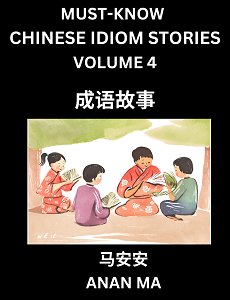
在中国古代(zài zhōng guó gǔ dài): In ancient China
美丽而聪明的少女(měi lì ér cōng míng de shào nǚ): A beautiful and intelligent young girl
适婚的年龄(shì hūn de nián líng): The appropriate age for marriage
物色合适的夫婿(wù sè hé shì de fū xù): To seek a suitable husband
离开父母(lí kāi fù mǔ): To leave one’s parents
建立自己的家庭(jiàn lì zì jǐ de jiā tíng): To establish one’s own family
Pinyin of Idiom Story (故事的拼音)
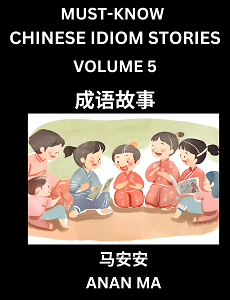
Zài zhōngguó gǔdài, yǒu yīgè jiātíng li yǒu yīgè měilì ér cōngmíng de shàonǚ. Tā zì yòu shòudào fùmǔ de téng’ài, jiāzhōng yě duì tā jìyǔle hòuwàng. Rán’ér, suízhe tā jiànjiàn zhǎng dà, dàole shì hūn de niánlíng, tā de fùmǔ kāishǐ wèi tā wùsè héshì de fū xù. Jǐnguǎn tā shēn àizhe zìjǐ de fùmǔ, dàn tā yě míngbái, zuòwéi yīgè nǚzǐ, zhǎng dà chéngrén hòu, zhōngjiù yào líkāi fùmǔ, jiànlì zìjǐ de jiātíng. Yúshì, tā shùncóngle fùmǔ de yìyuàn, jià gěile yīgè pǐn xìng yōuliáng de nánzǐ, kāishǐle xīn de shēnghuó. Zhè jiùshì “nǚ dà bù zhòng liú” zhège chéngyǔ de láiyuán.
